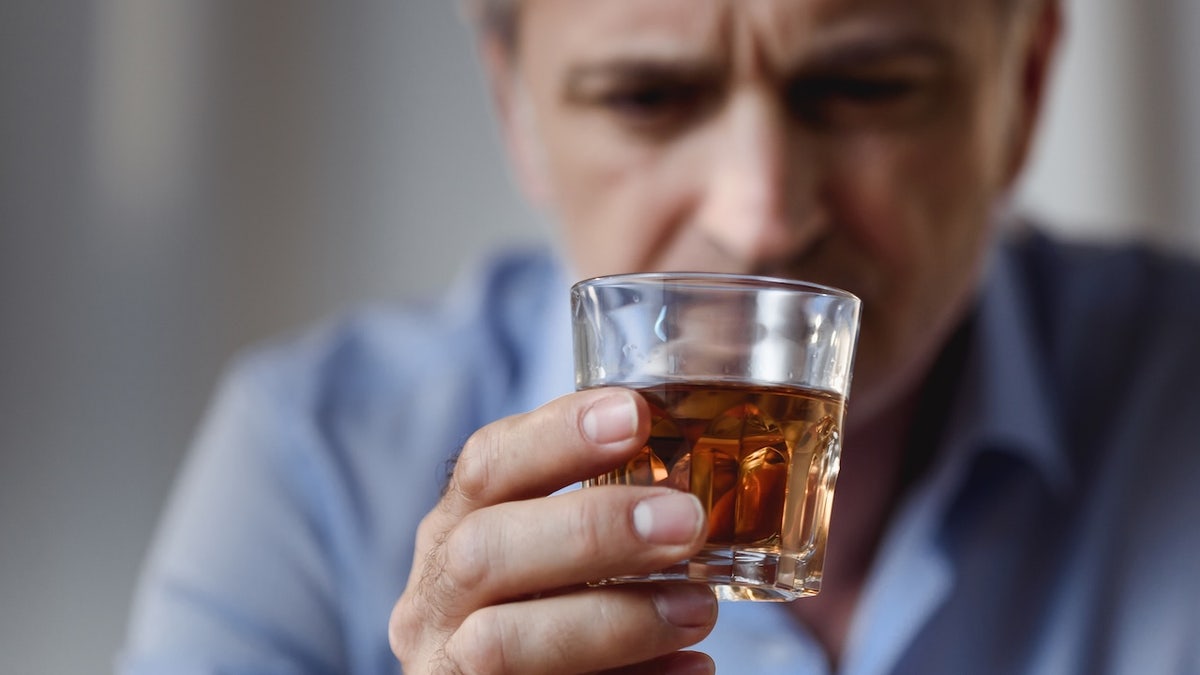Should you try hypnosis to stop drinking? Here’s what the experts say
NEWYou can now listen to Fox News articles!
While some people may be skeptical of hypnosis, experts say it’s a legitimate therapy that can help with a range of physical and mental challenges — including, possibly, alcohol use disorder.
Clinical hypnosis has shown to be effective in the treatment of pain, anxiety, stress, cancer treatment side effects, phobias and habit control problems, such as smoking and weight control, according to past randomized controlled trials.
“Hypnosis is the oldest Western form of psychotherapy, but it is underutilized,” Dr. David Spiegel, associate chair of psychiatry at Stanford University School of Medicine in California and a leading authority in the field of hypnosis, told Fox News Digital.
YOUR FAVORITE ALCOHOLIC BEVERAGE COULD BE LINKED TO DEADLY FORM OF CANCER, STUDY FINDS
What is hypnosis?
Hypnosis is not itself considered a therapy. Rather, it enhances other treatments by inducing a state of increased concentration while reducing peripheral awareness, experts say.
The practice aims to put people in a deep state of relaxation so they can learn more easily.

Shawn Criswell, Ph.D., a mental counselor practicing in Oregon, defines it as “a gentle way of shifting people’s focus to new ideas and perspectives that can help improve their lives.”
Added Criswell, “It does this in part by connecting them with their strengths and resources, empowering them in the process, and directly contradicting the old, tired myth that in hypnosis, you’ll give up control of yourself.” He co-authored, together with Michael Yapko, Ph.D, the latest edition of “Trancework: An Introduction to the Practice of Clinical Hypnosis.”
WEIGHT-LOSS MEDICATIONS MAY ALSO BENEFIT COMMON MEDICAL PROBLEM, STUDY FINDS
Past research suggests that hypnosis may alter brain activity related to attention and consciousness.
“The brain activation patterns during hypnosis — such as for color, pain and sound — are similar to those observed during actual experiences,” Dr. Ryan Sultan, attending physician at NewYork-Presbyterian Hospital and director of the Mental Health Informatics Lab at Columbia University Irving Medical Center, told Fox News Digital.

Some people may choose to practice self-hypnosis, which he described as the process of entering a trance-like state without the guidance of a hypnotist.
Sultan compared it to entering a “controlled, simplified state” in which people may be more open to certain ideas and therapeutic suggestions.
“I have had patients stop drinking by focusing on respecting and protecting their bodies.”
But the effects can be short-lived, he noted, and some individuals may find it difficult to maintain the hypnotic state without external cues.
The treatment technique has been approved by the American Psychiatric Association and the American Psychological Association. To maximize its safety and effectiveness, Sultan recommended hypnosis by a qualified professional.
Can hypnosis cure alcohol dependence?
Hypnosis may help support people with drinking problems by encouraging motivation, reducing cravings and helping to manage stress, according to Dr. Lama Bazzi, a psychiatrist in private practice in New York City.
The expert emphasized, however, that hypnosis is not a standalone cure for problem drinking. Instead, it’s part of a comprehensive treatment plan that includes focused cognitive-behavioral therapy, psychiatric support and targeted medications when necessary.

“There is less evidence about alcohol problems, but I have had patients stop drinking by focusing on respecting and protecting their bodies,” Spiegel noted.
“One of my patients thought about that concept in hypnosis, and said, ‘You mean, the body is the temple of the soul?’” he added.
Risks and regulations
Hypnotherapy presents little risk, according to Spiegel.
“The worst thing that can happen is that it may not always work,” he told Fox News Digital.
“It is best to seek care from a psychiatrist or psychologist with specialized training in clinical hypnosis.”
Possible mild side effects include dizziness and emotional release. There is also a risk of false memories if used for memory recall, Sultan cautioned.
The therapy is also not recommended for people with severe mental illness, such as psychosis, experts say.
CLICK HERE TO SIGN UP FOR OUR HEALTH NEWSLETTER
Mayo Clinic also notes that side effects are uncommon, but that some people may experience anxiety, sleepiness, headache and nausea.
“It is best to seek care from a psychiatrist or psychologist with specialized training in clinical hypnosis,” Bazzi told Fox News Digital.

“These professionals can objectively assess your susceptibility to hypnosis, determine whether it is an appropriate and potentially effective intervention for your specific concerns, and develop a comprehensive, multimodal treatment plan tailored to your needs,” she added.
For those seeking a hypnotist, experts recommend visiting the websites of the American Society of Clinical Hypnosis or The International Society of Hypnosis, both of which offer directories of professionals who have expertise and often certification in the practice.
Warning signs of alcohol use disorder
Some 28 million Americans aged 18 and older are living with alcohol-use disorder, according to 2023 estimates from the National Survey on Drug Use and Health.
For more Health articles, visit www.foxnews.com/health
People may be drinking excessively if they consume enough alcohol in one sitting to raise their blood alcohol level to greater than 0.08, or if they drink more than a certain number of drinks in one week, experts say.

This generally equates to women having four or more drinks or men consuming five or more drinks at once — or a weekly amount of eight or more drinks for women or 15 or more drinks for men, according to the Centers for Disease Control and Prevention.
CLICK HERE TO GET THE FOX NEWS APP
Signs of an alcohol problem include experiencing a loss of control when drinking, continuing to drink despite adverse consequences, and experiencing compulsive cravings when not drinking – often referred to as the “three Cs.”
Those who think they may have an alcohol-dependence problem and are interested in seeking alternative therapies should contact their doctor for recommendations.
